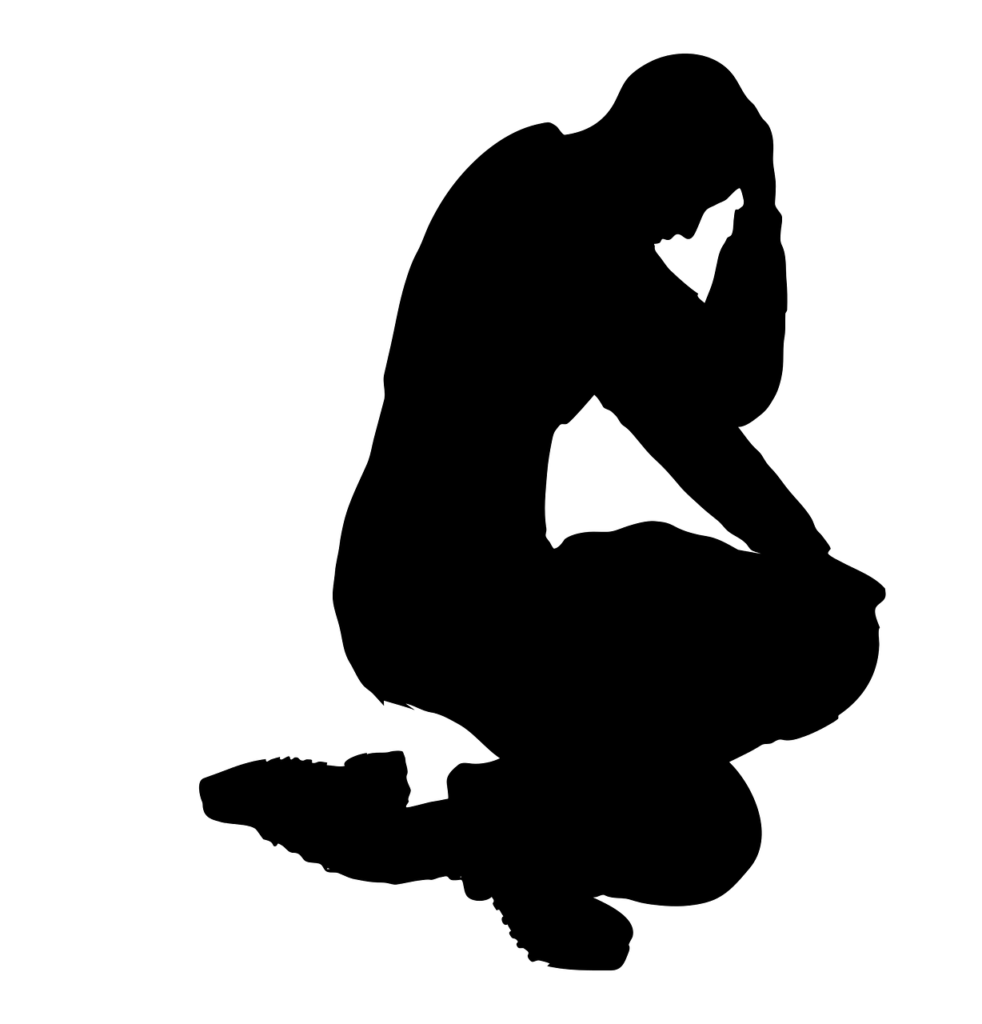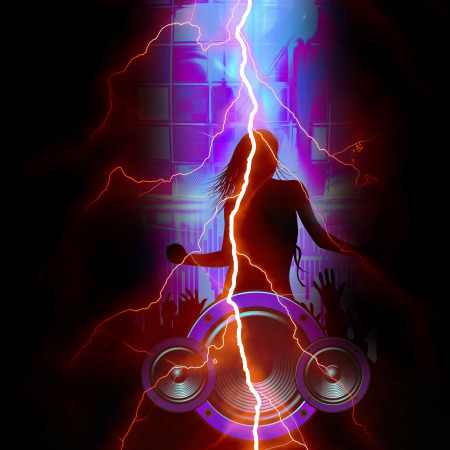Much studied and yet not understood, love has been an enigma for eons. People have known to ask questions about why we are attracted to specific people, why we behave differently when we are in love, why some love relationships endure, and others don’t and many other questions.
These questions have been explained using evolutionary explanations, chemical explanations and psychological explanations too. In all probability, the outcome of specific situations is a combination of a variety of factors. But let’s focus on the hormonal aspect for the purpose of brevity here.
Love is associated with the heart. A tribute to this belief is the abundance of heart shaped balloons, cards and cakes that we get to witness on Valentine’s Day. In any interaction that involves communicating love, the heart shape is evident everywhere. However, love may be more dependent on the brain than the heart and we know this more than ever before.
Types of Love
For the purpose of simplifying the process of understanding this emotion, love has often been divided into three kinds – lustful love, romantic attraction and attachment.
Lust
This is the kind of love that requires sexual gratification and, in some cases, very urgent sexual gratification too. The key to this kind of love is testosterone. Lust is associated with the primal urge and is dependent upon a healthy level of testosterone and estrogen in men and women. Higher levels of testosterone lead to a higher level of lustful feeling. Why these hormones rise is related to other psychological, biological and genetical reasons.
Being sexually aroused also reduces the ability to think critically and rationally. It reduces self-awareness and social consciousness (think those who are loud and boisterous during love-making and don’t seem to realize the kind of noise they are making even when other people are close and expected to hear them). Basically, the pre-frontal cortex of the brain shuts down (hopefully for a little while).
Romantic Attraction

The feeling of butterflies in the stomach, higher heartbeat, sweaty palms and other such physiological changes that one observes when one sees another that one is attracted to are caused by the culprits calls dopamine, norepinephrine and serotonin. Dopamine has been in the news for the hormone associated with addiction of late. It is released when one has a feeling of pleasure. The levels of this this hormone in the system when one is ‘in love’ and addicted to cocaine are similar. The feeling of withdrawal from drugs can be associated with the pining one feels to be together with the loved one. Such is the strong effect of what love can do to your system.
Serotonin levels reduce during the attraction phase. This is one hormone associated with the Obsessive-Compulsive Disorder, explaining the obsession some people experience when they are attracted to someone.
Attachment
Whether romantic or otherwise, attachment is highly associated with higher levels of oxytocin. Nature produces this hormone at much higher levels during childbirth and breast feeding to ensure bonding between the mother and child. This is the hormone responsible for the warmth that one feels. It is not just associated with romantic love or the love of a mother but also for long lasting friendships, love for siblings and parents too.
Helpless Love?

If all kinds of love are associated with these powerful overriding hormones, we can claim that whatever we do in love is beyond our conscious control? Definitely not!
What these associations with hormones tell us is that the hormones make you more likely to act in a certain way. Higher testosterone levels increase the chances that you will rip someone’s clothes or passionately kiss them in public. Reduced levels of serotonin increase the probability that you will not be able to see the irritating habits of the one you love, making you blind to those very habits that will cause you irritation later. Oxytocin release helps in keeping the warmth of a relationship alive and it also helps in fixing relationships that may be on their path to breaking down.
But before we start to use this as an excuse for all the blunders that we do when ‘in love’ (which we are all guilty of in some way or another at some time in our lives), we need to remember that it is not that easy to shirk off the blame.
These hormones just increase the likelihood of irrational behavior and there are other parts of your brain that can be used to make decisions that don’t end up hurting you later! In fact, when you are aware of how the hormones can ‘hijack your head’, you can be pre-warned and more discerning before you jump up and take action.


Great post ?
Thanks . We have all been subject to the power of hormones at some time or another. 🙂